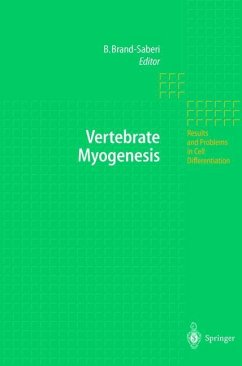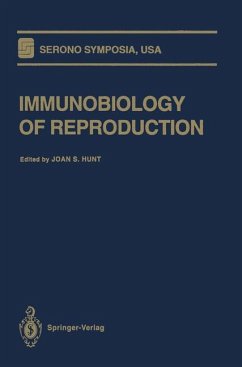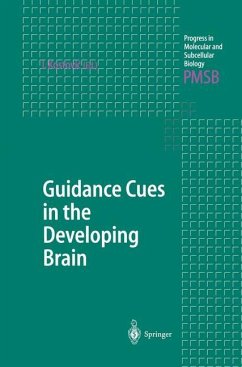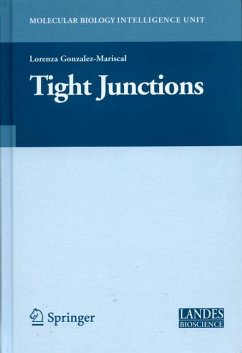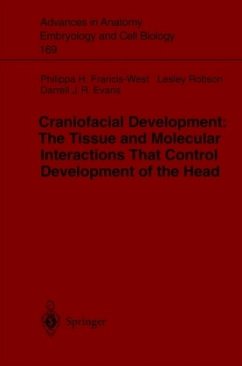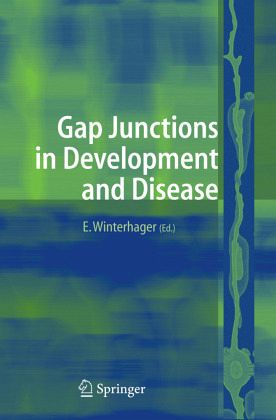
Gap Junctions in Development and Disease
Versandkostenfrei!
Versandfertig in 6-10 Tagen
113,99 €
inkl. MwSt.

PAYBACK Punkte
57 °P sammeln!
Communication between cells via intercellular channels - gap junctions - appears essential to certain developmental processes and appropriate organ function. Gap Junctions in Development and Disease aims to describe the molecular events underlying impaired development and disease. Beginning with a comprehensive review of various mouse and human genes encoding the channel-forming connexins, later chapters describe several connexin mutations associated with human diseases such as hereditary deafness and female infertility. Erroneous signaling mediated by the interaction of mutant connexins with ...
Communication between cells via intercellular channels - gap junctions - appears essential to certain developmental processes and appropriate organ function. Gap Junctions in Development and Disease aims to describe the molecular events underlying impaired development and disease. Beginning with a comprehensive review of various mouse and human genes encoding the channel-forming connexins, later chapters describe several connexin mutations associated with human diseases such as hereditary deafness and female infertility. Erroneous signaling mediated by the interaction of mutant connexins with other proteins, thought to be responsible for dysfunction of organs such as heart, muscle, brain, skin, lens, placenta, and endocrine tissue in both mice and men, is also addressed.
Although the question of why some mutations in gap-junction proteins lead to specific phenotypes remains to be answered, the reviews in this book provide an intriguing insight into the future directionof this research field.
Although the question of why some mutations in gap-junction proteins lead to specific phenotypes remains to be answered, the reviews in this book provide an intriguing insight into the future directionof this research field.



